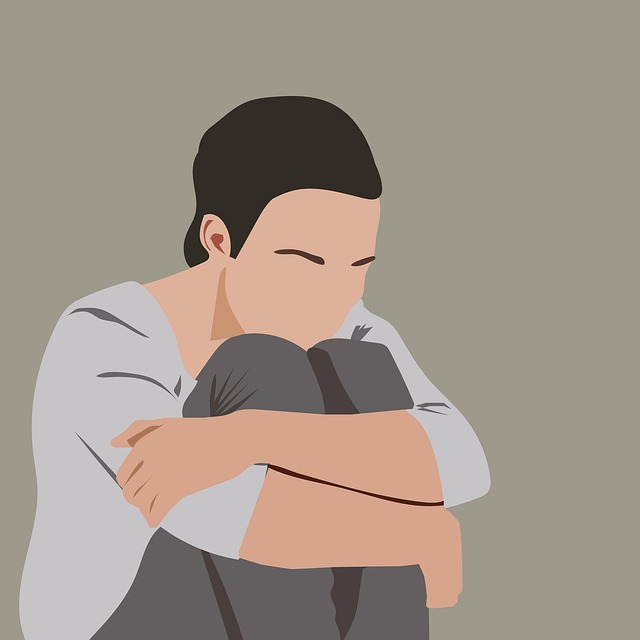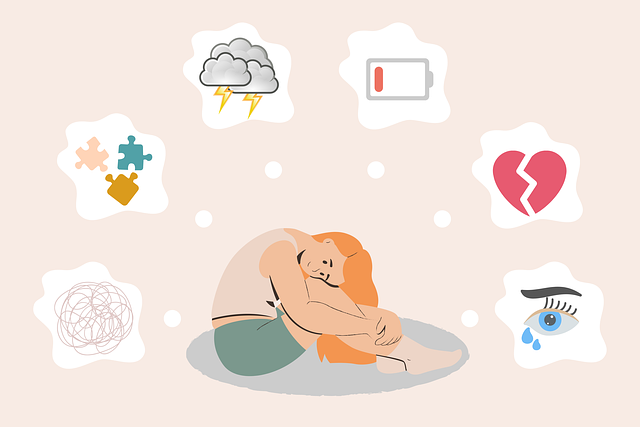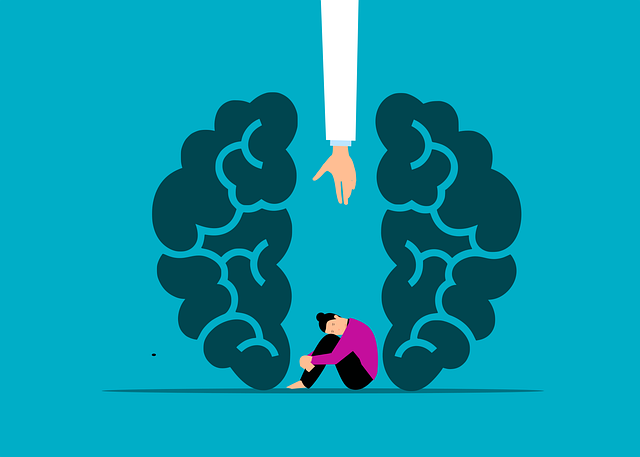Stress, a natural response to challenges, becomes harmful with persistence, impacting mental and physical health. Chronic stress increases vulnerability to various conditions. Lone Tree Anger Management Therapy offers tailored stress reduction and emotional health solutions, focusing on anger trigger management through cultural competency training. Proactive burnout prevention for healthcare providers includes mindfulness meditation, deep breathing, regular exercise, and therapy from Lone Tree Anger Management Therapy, along with journaling, nature time, and supportive communities. Integrating emotional regulation techniques into daily routines fosters resilience and long-term well-being, with professional support when needed.
Stress reduction is essential for maintaining mental and physical well-being. In this article, we explore various methods to alleviate stress, focusing on the transformative power of Lone Tree Anger Management Therapy. We’ll delve into understanding stress, its profound impact, and practical techniques to foster a sustainable stress-free lifestyle. By combining therapeutic approaches with actionable strategies, individuals can navigate life’s challenges with resilience and tranquility. Discover how these methods, including Lone Tree Anger Management Therapy, contribute to overall well-being.
- Understanding Stress and Its Impact
- The Role of Lone Tree Anger Management Therapy
- Practical Stress Reduction Techniques
- Building a Sustainable Stress-Free Lifestyle
Understanding Stress and Its Impact

Stress is a natural response to demanding situations, but when it becomes persistent and overwhelming, it can significantly impact our overall well-being. It affects both our mental and physical health, leading to various issues like anxiety, depression, and even cardiovascular problems. Recognizing the signs of stress and understanding its triggers are crucial steps towards managing it effectively. High levels of stress over a prolonged period can result in what is known as chronic stress, which has been linked to increased risks of numerous health conditions.
For some individuals, dealing with stress involves seeking professional guidance, such as Lone Tree Anger Management Therapy, where specialized therapists offer evidence-based techniques to manage anger and associated stress. Other effective strategies include mental wellness journaling exercises, which encourage individuals to reflect on their thoughts and emotions, providing a sense of clarity and control. Additionally, trauma support services play a vital role in helping those who have experienced traumatic events process and overcome their stressors.
The Role of Lone Tree Anger Management Therapy

Lone Tree Anger Management Therapy offers a specialized approach to stress reduction and emotional well-being, particularly focusing on managing anger and its underlying causes. This form of therapy is designed for individuals seeking to understand and control their anger in a safe and supportive environment. By addressing the root issues that trigger angry responses, this method helps clients develop healthier coping strategies and improve their overall mental health.
In today’s fast-paced world, stress and anger are prevalent issues affecting not only personal relationships but also professional environments. Mental health professionals play a crucial role in managing these challenges through risk management planning. Lone Tree Anger Management Therapy equips healthcare providers with the necessary skills to offer cultural competency training, ensuring they can address the unique needs of diverse clients. Additionally, it contributes to mental illness stigma reduction efforts by promoting understanding and providing effective tools for stress and anger management.
Practical Stress Reduction Techniques

Incorporating practical stress reduction techniques into daily life is a proactive approach to managing and preventing burnout. For healthcare providers, who often face high-pressure situations, these strategies are invaluable tools. Techniques like mindfulness meditation and deep breathing exercises can help calm the mind and reduce tension in the body. Regular physical activity, such as yoga or even a brisk walk in nature, releases endorphins that promote feelings of well-being and relaxation.
Lone Tree Anger Management Therapy offers specialized techniques to manage intense emotions effectively. By learning to identify triggers and responding calmly, individuals can navigate challenging situations with more control. Additionally, emotional well-being promotion techniques like journaling, spending time in nature, or connecting with supportive communities further enhance coping abilities. These practices, when combined with crisis intervention guidance tailored for healthcare professionals, can significantly contribute to burnout prevention strategies.
Building a Sustainable Stress-Free Lifestyle

Adopting a sustainable stress-free lifestyle involves integrating practices that support emotional regulation and mental health awareness into your daily routine. This doesn’t mean achieving a perfect state of tranquility all the time, but rather cultivating tools to navigate life’s inevitable challenges with resilience. Techniques like Lone Tree Anger Management Therapy can play a pivotal role in this journey. By learning effective anger management strategies, individuals gain better control over their emotional responses, fostering inner strength development and enhancing overall well-being.
Key to sustainability is consistency. Incorporate activities that promote relaxation and mindfulness, such as meditation, deep breathing exercises, or engaging in hobbies you enjoy. These practices not only help reduce immediate stress but also build mental fortitude over time. Regular self-reflection and seeking support from professionals when needed are additional components of fostering a lasting stress-free lifestyle, allowing individuals to lead happier, more balanced lives.
In navigating life’s challenges, stress reduction is not just a luxury but a necessity. By understanding the profound impact of stress and adopting effective techniques like Lone Tree Anger Management Therapy, individuals can foster a sustainable, resilient lifestyle. Combining therapeutic approaches with practical strategies enables one to transform their response to stressors, leading to improved mental well-being and enhanced quality of life. Embrace these methods as tools for personal growth and discover a path to a calmer, more balanced existence.














